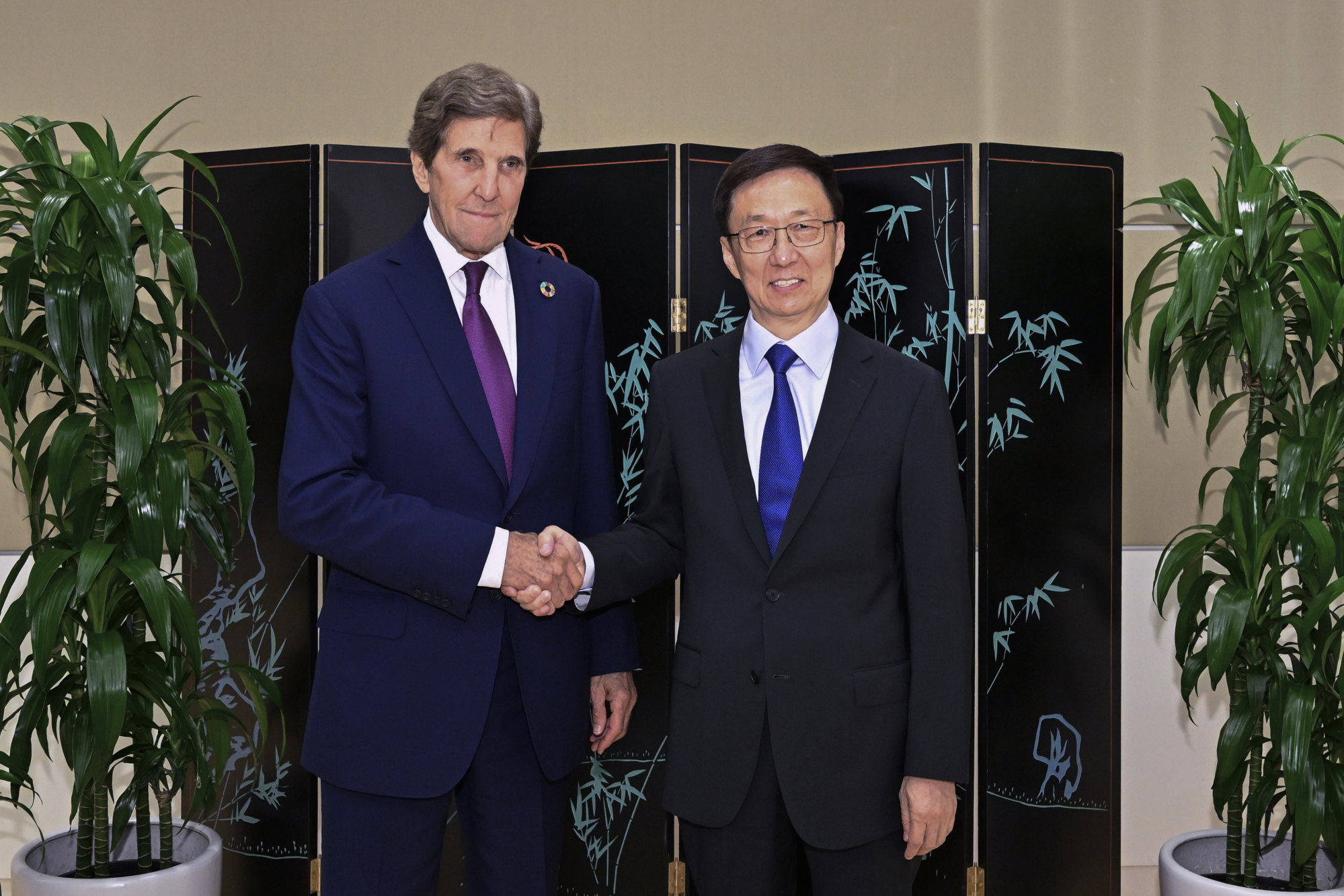
High-stakes overseas trips could be a smart move for Xi Jinping
- Chinese leader may travel to San Francisco for the Apec summit and to Dubai for the UN climate talks
- Beijing has not confirmed the trips but anticipation is building amid signs tensions are easing with Washington
First to San Francisco for the Asia-Pacific Economic Cooperation forum in November, where he could meet US President Joe Biden after they last met nearly a year ago in Bali. Xi could also attend the COP28 United Nations climate talks in Dubai at the end of November amid calls for China to play a leadership role on the issue.
Neither trip has been confirmed by Beijing as yet. But there has been much discussion about the significance of a San Francisco visit, with comparisons to former leader Jiang Zemin’s 1993 trip to the first Apec summit in Seattle that marked a turning point for bilateral ties in the post-Tiananmen era.

Rumours have also been swirling about whether Xi will travel to the United Arab Emirates for the opening of COP28, potentially another smart move both for the climate and geopolitics. Xi attended the 2015 UN climate talks in France where the historic Paris Agreement was reached.
Last month, however, a UN report assessing progress towards the goals of the Paris Agreement said the world was way off-track amid an increasingly toxic superpower rivalry and the impasse over climate finance.
China’s climate envoy decries trade curbs for ‘politicising’ renewables
Many are pessimistic about COP28 – pointing to the lack of progress to limit rising temperatures – and have warned that its success will largely depend on whether Beijing and Washington can cooperate.
Biden effectively said as much last month during a speech at the UN General Assembly, when he stressed the need to “work together with China on issues where progress hinges on our common efforts”.
It came after what was seen as another positive development, when Chinese Vice-President Han Zheng met US climate envoy John Kerry in New York a fortnight ago. “China is willing to strengthen communication and deepen cooperation with the US, join hands to promote climate governance, and jointly make greater contributions to human development,” Han said, according to the Chinese readout.

The US State Department readout said the two sides had “discussed the critical importance of bilateral and multilateral efforts to address the climate crisis, including to promote a successful COP28”.
Observers said Han’s meeting with Kerry seemed to have been arranged to add momentum to climate negotiations that could lead to a US-China agreement during Xi’s possible Apec trip.
Such a deal would be a major boost to COP28, and if Xi does make an appearance in Dubai it could help break the deadlock in talks long plagued by climate politics, as well as cement Beijing’s influence in the Middle East.
But it comes as China is facing criticism over construction of coal-fired power plants to boost its economy in the post-Covid era and for energy security in the wake of Russia’s invasion of Ukraine.
China falls off Paris Agreement pace with increasing coal use: analysts
In a joint opinion piece in The Washington Post last month, Kerry and International Energy Agency executive director Fatih Birol slammed China for building plants that released “destructive levels of emissions”.
“China, the world’s second-largest economy, already has the capabilities and technology to quickly turn the corner on coal, and there are many willing partners in the international community ready to make that desperately needed change,” they said.
China produces about 30 per cent of the world’s total emissions – more than the US, the European Union and India combined, according to Global Carbon Budget 2022.
Observers say that ambitious climate commitments and action from the Chinese government could follow the UN talks, which would help Beijing to repair the country’s image as the world’s largest carbon polluter and instead recast itself as a responsible leader.

